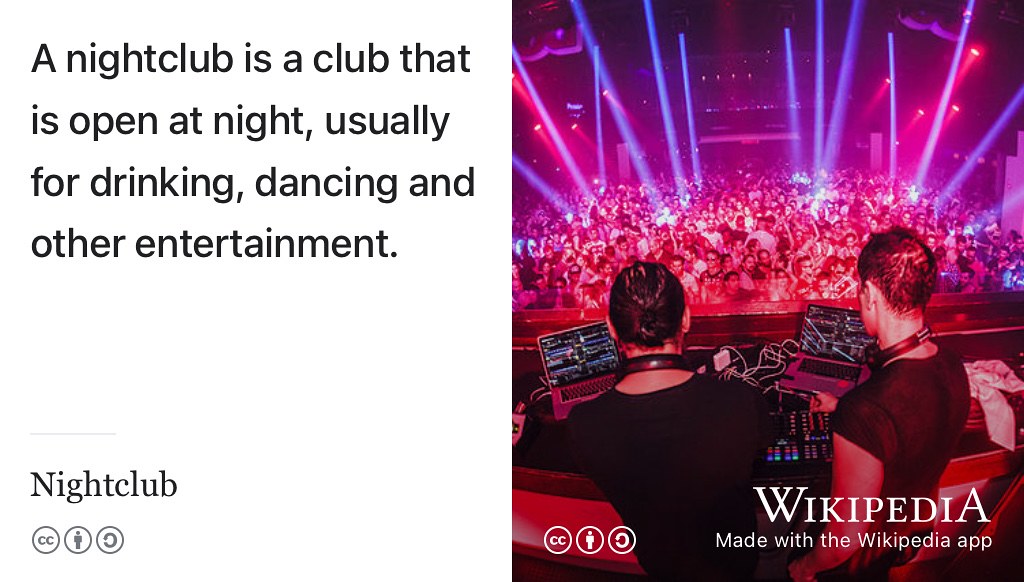Anyone is welcome to join UK ACM SIGCSE journal club provided they follow the club rules below which are based on Ten Simple Rules for Running a Journal Club. [1]

So what are the club rules? The first rule of journal club is…
- You MUST talk about journal club! Tell your friends, spread the word, help us to grow bigger, better and more diverse. The second rule of journal club is…
- YOU MUST talk about journal club! Email it, tweet it, shout it, link it, post it, like it, @mention it and propagate it. The more the merrier. The third rule of journal club is…
- YOU MUST TALK ABOUT JOURNAL CLUB! If you have a colleague who might be interested, let them know about us. Even better, get them propose a paper for discussion at our next meeting…
- RESPECT our members because we’re not here to start any more fights. We’re here for friendly debate. Our goal is to discuss papers, learn from each other, ask questions and try to answer them. This is a journal club, not a fight club or a nightclub.
- READ The Friendly Manual (the paper) before the meeting. Even a brief scan of the paper we’re discussing is good if that’s all you’ve time for. The more you can read and digest before the meeting, the better. One of our goals is to encourage people to read more of the documentation (mostly papers) about teaching computing, especially the good stuff. R.T.F.M.
- EMBRACE all the disciplines. When it comes to teaching computing, nobody has all the answers. Anyone who claims they do is either telling lies or trying to sell you something (or possibly both). Instead of selling you something, we aim to foster communication and understanding across and between different disciplines. This means we’re open to anyone teaching computer science or computing in all its myriad flavours. Since computing and education are universal and multidisciplinary, we frequently draw on fields outside of computer science including learning sciences, educational psychology, cognitive science and educational research. Embrace all the disciplines! We welcome nominations for paper(s) we should discuss at our next meeting, see papers
- INCLUDE and diversify. We aim to be inclusive and diverse, rather than exclusive and siloed. The more inclusive and diverse our journal club is, the better it will be. In diverse communities, everyone has something to learn and everyone has something to teach. Although we focus on higher education, some papers we cover are relevant to schools, FE colleges, coding bootcamps, onboarding schemes, company inductions and staff training programs as well. We welcome students too, undergraduate and postgraduate, see who we are.
- BUILD and join our community. Journal club is about much more than the papers we read. This club is building and strengthening a friendly (and global) community of practice of people that teach computing or train engineers, not just inside academia but in industry as well. Don’t be shy, everyone is welcome, tell your friends. Spread the word, see how to join us.
- NOMINATE interesting papers but don’t self-cite. Help us find and read important work. Nominated papers don’t have to be award winning, controversial, ground-breaking or heavily cited. They do have to provide something meaty to discuss alongside ideas that can be quickly tested or put into practice. Picking papers is a good way to highlight important work that you think more people should know about. However, you can’t nominate papers you have authored or co-authored, because that’s just shameless self-citation [3].
Structure of our meetings
Before the meeting:
- Read (or at least gut) the paper
During the meeting: each session lasts 50 minutes and is structured as follows:
- Welcome from the chair and quick round of introductions from everyone present
- Lightning talk summary of the paper in ~5-10 minutes (or less), by the proposer (or chair, author, other etc) ⚡️
- Discussion, see below, typically lasting 40 to 45 minutes
- Conclusions
- Proposals invited for next months paper
What we typically discuss
Journal club discussions typically cover some of the following questions:
- What is the most surprising or interesting thing you got from reading the paper?
- How convincing is the evidence, arguments and conclusions presented?
- How could you use the results and insights in your own teaching or training program?
- What is good about the paper? Why was it picked? If the paper won an award, what made it stand out?
- What could be improved?
- What are the next steps that follow on from this research? What has already been done to follow on from this work?
- Has consensus and opinion moved since the publication of this paper? If so, how and why?
- Are there any elephants in the room? Does the paper omit anything relevant or gloss over important details? 🐘
- What do we know that we know; Donald Rumsfeld’s known knowns
- What do we know that we don’t know; Rumsfeld’s known unknowns
- A.O.B.: Any other business, questions or comments?
- What paper should we discuss at our next meeting?
References
- Lonsdale, Andrew; Jocelyn Sietsma Penington, Timothy Rice, Michael Walker and Harriet Dashnow (2016) Ten Simple Rules for a Bioinformatics Journal Club. PLOS Computational Biology 12(1): e1004526 DOI: 10.1371/journal.pcbi.1004526
- Bowie, David and Iggy Pop (1977) Nightclubbing in The Idiot, produced by David Bowie, for RCA Records
- Van Noorden, Richard & Dalmeet Singh Chawla (2019) Hundreds of extreme self-citing scientists revealed in new database: Some highly cited academics seem to be heavy self-promoters Nature DOI: 10.1038/d41586-019-02479-7